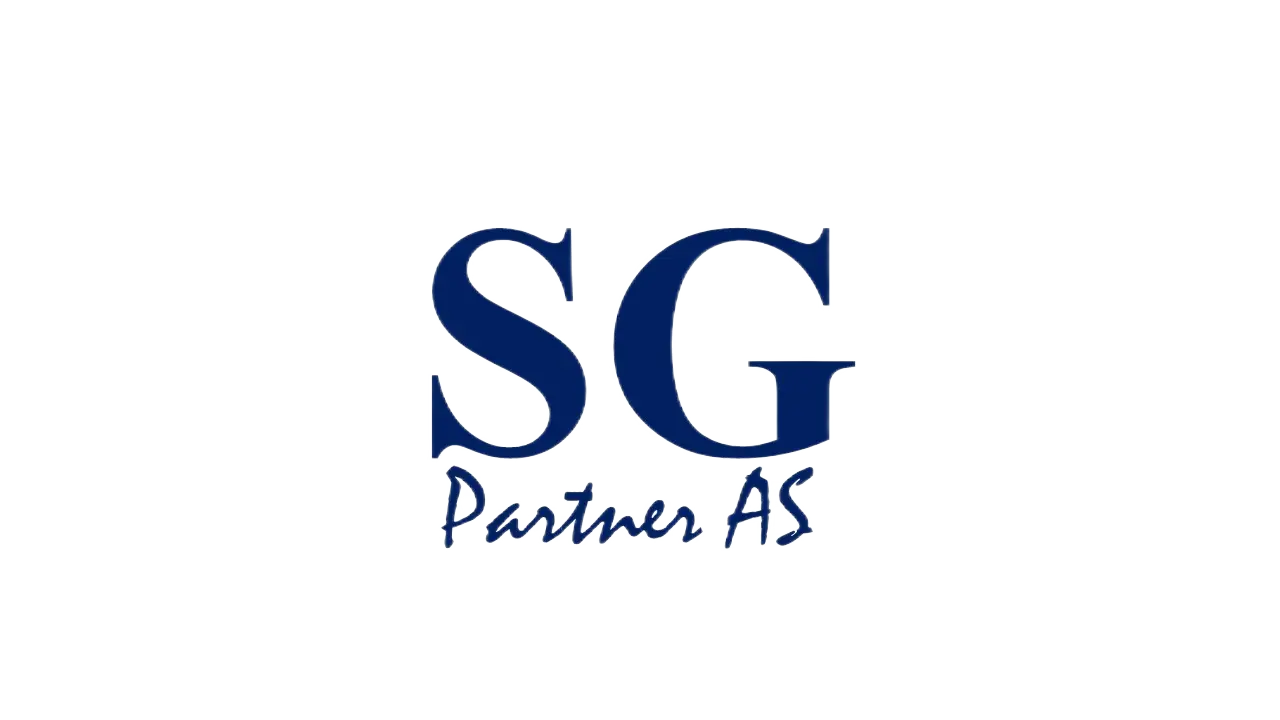COURSE OBJECTIVE:
At the end of the course, the following learning objectives are expected to be achieved:
• Practical view of how to successfully implement a flourishing SRE culture in your organization.
• The underlying principles of SRE and an understanding of what it is not in terms of anti-patterns, and how you become aware of them to avoid them.
• The organizational impact of introducing SRE.
• Acing the art of SLIs and SLOs in a distributed ecosystem and extending the usage of Error Budgets beyond the normal to innovate and avoid risks.
• Building security and resilience by design in a distributed, zero-trust environment.
• How do you implement full stack observability, distributed tracing and bring about an Observability-driven development culture?
• Curating data using AI to move from reactive to proactive and predictive incident management. Also, how you use DataOps to build clean data lineage.
• Why is Platform Engineering so important in building consistency and predictability of SRE culture?
• Implementing practical Chaos Engineering.
• Major incident response responsibilities for a SRE based on incident command framework, and examples of anatomy of unmanaged incidents.
• Perspective of why SRE can be considered as the purest implementation of DevOps.
• SRE Execution model
• Understanding the SRE role and understanding why reliability is everyone's problem.
• SRE success story learnings
TARGET AUDIENCE:
The target audience for the SRE Practitioner course are professionals including:
• Anyone focused on large-scale service scalability and reliability
• Anyone interested in modern IT leadership and organizational change approaches
• Business Managers
• Business Stakeholders
• Change Agents
• Consultants
• DevOps Practitioners
• IT Directors
• IT Managers
• IT Team Leaders
• Product Owners
• Scrum Masters
• Software Engineers
• Site Reliability Engineers
• System Integrators
• Tool Providers
•
COURSE PREREQUISITES:
It is highly recommended that learners attend the SRE Foundation course with an accredited DevOps Institute Education Partner and earn the SRE Foundation certification prior to attending the SRE Practitioner course and exam. An understanding and knowledge of common SRE terminology, concepts, principles and related work experience are recommended.
COURSE CONTENT:
Course Introduction
Module 1: SRE Anti-patterns
Module 2: SLO is a Proxy for Customer Happiness
Module 3: Building Secure and Reliable Systems
Module 4: Full-Stack Observability
Module 5: Platform Engineering and AIOPs
Module 6: SRE & Incident Response Management
Module 7: Chaos Engineering
Module 8: SRE is the Purest form of DevOps
Post-class assignments/exercises
FOLLOW ON COURSES:
Not available. Please contact.
